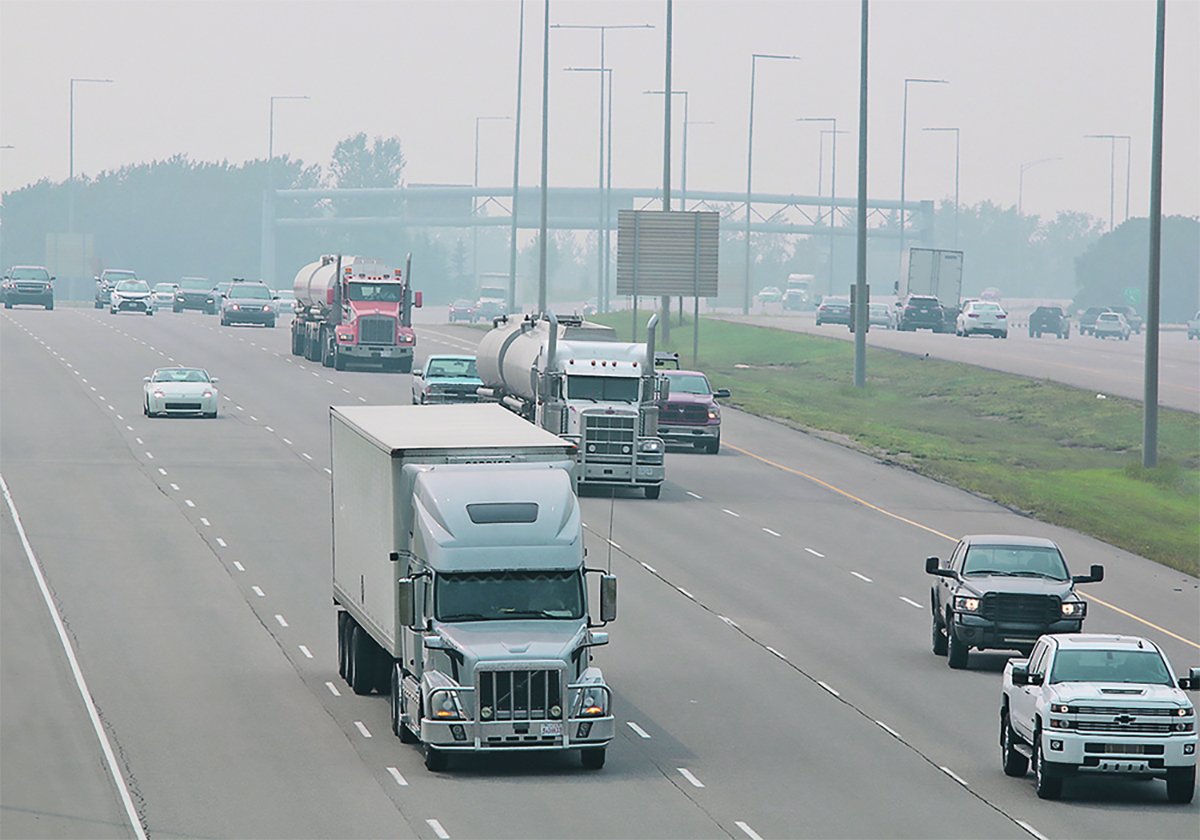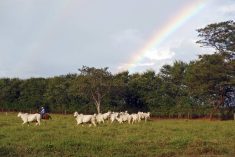A Saskatoon company is offering rural residents in Saskatchewan quicker access to therapy services.
Each week, therapists from the Bourassa and Associates Rehabilitation Centre visit clients in Rosetown, Kindersley, Wynyard, Biggar, Outlook, Imperial and Watrous.
Company owner Richard Bourassa said the unique service began when a rural client who was referred to him suggested that there was a lot of business in small towns. Bourassa investigated and set up in Imperial, Sask., in 2003. Business boomed and he expanded the service to other towns in the Saskatoon area.
Read Also

Alberta cracks down on trucking industry
Alberta transportation industry receives numerous sanctions and suspensions after crackdown investigation resulting from numerous bridge strikes and concerned calls and letters from concerned citizens
“We’ve run into a problem getting more staff to do more clinics,” he said.
Each therapist has five years of university training and works under Bourassa’s supervision in a mentorship arrangement before being able to work independently. Most of his 20 therapists spend a shift at a rural clinic and one staff member works full-time out of the Imperial clinic, helping to arrange the work schedule for the other towns.
Bourassa said 80 percent of his work is done through insurance companies and workers compensation. Most clients are injured on the job or in motor vehicle accidents and are covered by their work or private benefits plans.
They need to be assessed before treatment can begin. Small-town clinics mean rural residents can be assessed quickly rather than waiting for the Saskatoon Health District publicly funded therapist.
Bourassa said at first the health district didn’t think there was enough work in rural areas to keep a private clinic busy, but has been proven wrong.
“Demand is continuing to grow. A number of other communities require a full day. The challenge now is to shore up the services so we can provide them.”
Bourassa said he works closely with the health district. If one of his patients comes up in the public queue, he will transfer that person to the public system.
The weekly clinics try to share space with an existing partner and buy services locally, he said. As a result, three of the clinics are in town halls, one is in an insurance agency, one in a doctor’s office and another in a medical supply business.
“The attitude of people in rural Saskatchewan and the welcome we receive is gratifying. People are so thankful that you’re there.”
Bourassa said there is little difference in insurance coverage between his rural and urban clients. Farmers tend to be covered because their wives have jobs with insurance benefits.
Where he does notice a difference is that rural people are motivated to respond more quickly to treatments.
“For the most part, rural people need their income so they need to recover fast.”
For more information, visit www.producer.com and type “Bourassa” in the go box.
















